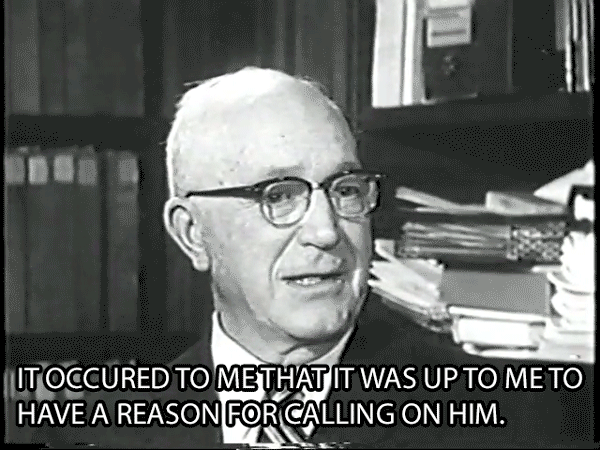

The Life and Work of the 'Founding Father'
of Personality Psychology



criticisms
Gordon Allport’s personality theory was, at first, disputed by some psychologists who followed the behaviourist approach to psychology. In later years, some researchers claimed his personality theories were inconsistent. His use of the word ‘trait’ also sparked controversy amongst some behaviourists when first appearing in his ‘trait theory’. Due to this criticism, Allport later began using the word ‘disposition’.
Allport was critical of Freud’s Psychoanalytical Approach which was still well regarded. Contrary to many psychologists during his time, Allport strayed away for the ‘unconscious’, which is a big contributor to psychology today. Some believe he emphasised the ‘conscious’ excessively.
Regarding his trait theory, some psychologists were critical of its failure to address the ‘state’ of a person in a temporary way or developmental changes. Many trait theorists believe that traits do not change from situation to situation and this has been strongly debated in the field of psychology.
However, overall, Gordon Allport was a well-regarded contributor in the field of psychology and sparked little controversy over his many years of work. In fact, Gordon Allport is still regarded today as one of the most influential psychologists of the 20th century. Much of his research and theories are still in favour with today’s psychologists. It is probable that his work in teaching in the Department of Ethics in Harvard made him more aware of the proper way to conduct research and experimentation than others in his field. He was not only well regarded by fellow psychologists but, his book 'The Nature of Prejudice' (1954) was cited by civil rights leaders such as Martin Luther King Jr.
While at Harvard, Allport was faced with hostility from some of his colleagues who followed a strict empirical approach. Many of them held certain beliefs and ideals that Allport had condemned. He still had the ability to thrive despite this tension and his research left a strong legacy at the university.

Allport discussing his encounter with Freud during an interview in Cambridge, Massachusetts, 1964.
